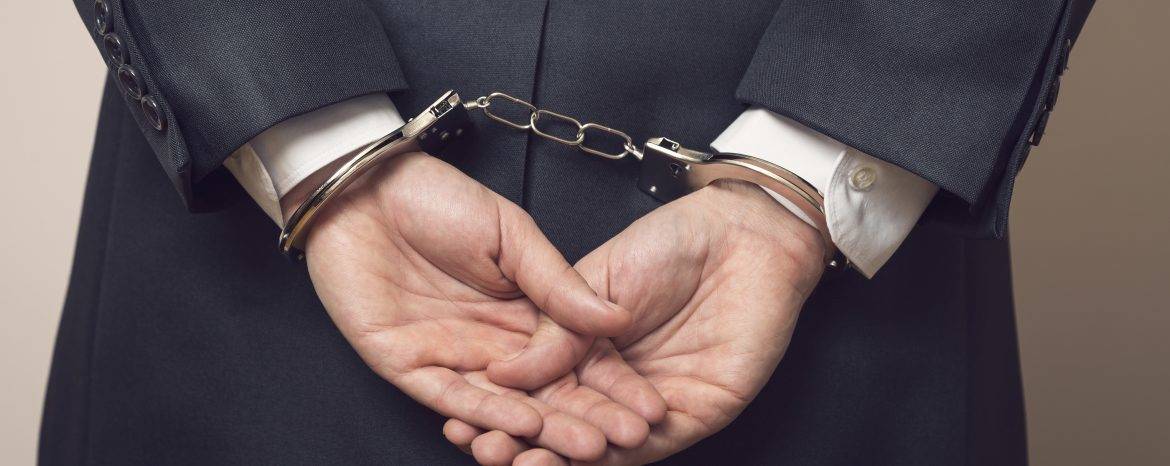Being charged with a crime isn’t something that many people see coming. In many cases, the steps that do occur happen very quickly. This means that you might not have a lot of time to process what is going on. Having a basic understanding of what is going to happen before you are ever charged with a crime can help you to know what is going on if you are charged.
One of the first things you should know is that the prosecutor is the one who decides if charges will be pressed or not. The prosecutors who make these decisions have a lot of leeway in what they do. They can opt to enter into plea deals, drop charges or push as hard as they can for the charges to move through the court system.
In some cases, external factors that don’t have anything to do with you could determine how charges are handled. For example, the prosecutor’s office could be focusing on prosecuting one type of case. If your case falls under the chosen categories for a prosecution push, your case will likely be handled strictly. Political aspirations and how the prosecutor views the concept of justice can also have an impact on how cases are prosecuted.
Some criminal cases go before the grand jury. The findings of the grand jury are merely suggestions for the prosecutor. The prosecutor can opt to go with the suggestions of the grand jury or they can do the exact opposite.
One thing is universal for anyone who is facing a criminal charge — you have the right to have an attorney. This can help you learn about other rights and explore defense options that are present for your case.
Source: FindLaw, “What Happens When You’re Charged with a Crime,” accessed Dec. 23, 2016

